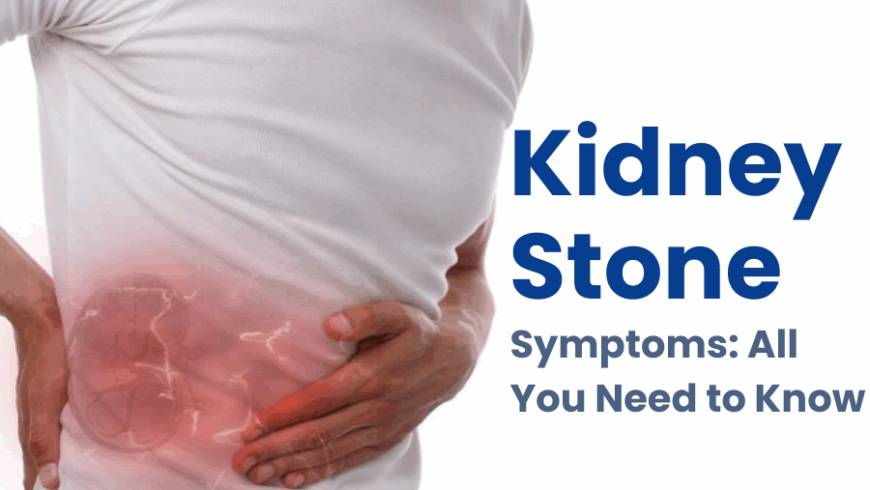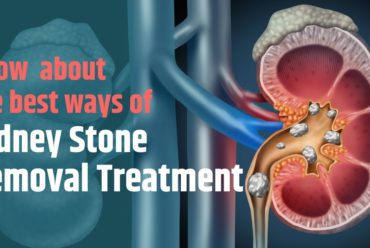Kidney Stone Symptoms: All You Need to Know
Introduction: Kidney stones are small, hard deposits that form in the kidneys and are usually painful when passed through the urine. The stones may block the ureter or the urethra and cause severe pain or an infection. Kidney stones form when an imbalance occurs in the various chemicals that are present in the urine. The most commonly involved chemicals are calcium, oxalate, citric acid, uric acid, and cysteine.
What are the symptoms of a kidney stone?
-
- Pain in the back, belly, or side Kidney stone pain, also known as renal colic, is one of the most severe types of pain imaginable. Some people have even compared the pain to childbirth or getting stabbed with a knife. As the stone moves, the pain changes location and intensity. Pain often comes and goes in waves. Each wave may last for a few minutes, disappear, and then come back again. You’ll typically feel the pain along your side and back, below your ribs. It may radiate to your belly and groin area.
-
- Pain or burning during urination: Once the stone reaches the junction between your ureter and bladder, you’ll start to feel pain when you urinate. They can feel sharp or burning pain.
- Urgent need to go: Needing to go to the bathroom more urgently or frequently than usual is another sign that the stone has moved into the lower part of your urinary tract.
-
- Blood in the urine: Blood in the urine is also called hematuria. The blood can be red, pink, or brown.
-
- Cloudy or smelly urine: Cloudy or foul-smelling urine could be a sign of an infection in your kidneys or another part of your urinary tract.
-
- Going a small amount at a time: If you have a blockage, you may only urinate a little bit each time you go. Urine flow that stops entirely is a medical emergency.
-
- Nausea and vomiting: It’s common for people with kidney stones to have nausea and vomiting.
- Fever and chills: Fever and chills are signs of an infection in your kidney or another part of your urinary tract. This can be a serious complication of a kidney stone.
In conclusion, understanding the symptoms of kidney stones is crucial for timely diagnosis and treatment. If you experience intense pain in the back, belly, or side, akin to renal colic, it’s essential to seek medical attention. Pain during urination, an urgent need to go, blood in the urine, cloudy or foul-smelling urine, limited urine output, nausea, vomiting, fever, and chills are all indicators of potential kidney stone issues.
For expert guidance and personalized care, consider consulting Dr. Abhirudra Mulay, a renowned specialist in urology. At Dr. Mulay Superseciality Hospital, our dedicated team is committed to providing comprehensive and compassionate care for kidney stone-related concerns. Don’t ignore the signsearly intervention can make a significant difference in managing kidney stones effectively.








